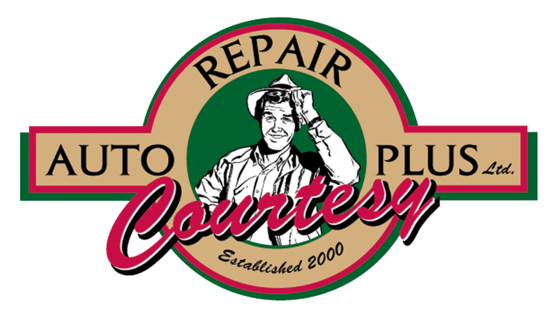Oil's Well That Ends Well (Oil Change Grades and Weight)
January 5, 2025
Changing your oil regularly is one of the most important things you can do to keep your vehicle running well. And knowing the right type of oil to use is also very important.
Engine oil is classified by weight, but it doesn't refer to how much the oil would weigh if you put it on a scale. It refers to viscosity, or how easily the oil flows through the engine. Most engines operate normally at around 210°F/99°C. The viscosity, or weight, is assigned a number by how well it flows at that temperature. The lower the number, the more freely it flows.
Most vehicle engines use what's called a multigrade oil which behaves differently in different temperatures. Multigrade oils have a "W" in their viscosity number that you may have seen on a bottle of oil, something like 5W30. The W stands for winter and shows how freely it flows in colder temperatures.
That means a 5W30 oil will behave like a 5 weight oil in lower temperatures (less viscous or thinner) and a 30 weight oil in warmer temperatures (more viscous or thicker). That's important on a cold day because the oil needs to behave like a thinner oil when you start your engine since it need to lubricate engine components immediately to protect the metal components. Then as the engine warms up, it behaves like a thicker oil to prevent friction among those parts. Pretty neat trick, right?
The type of oil you use can differ depending on what type of climate you operate your vehicle in and how your vehicle is used (carrying big loads, towing, etc.). Your owner's manual contains several different recommendations based on these factors. Your service advisor can recommend the right oil for your needs. Like Shakespeare said, "Oil's well that ends well."
Courtesy Auto Repair Plus
967 Bon Air Ave
Tiffin, Ohio 44883
419-443-0797
http://www.courtesyautorepairplus.com
More articles from Courtesy Auto Repair Plus

No Charge (Why Won?t My Battery Hold a Charge?)
February 15, 2026
When your vehicles battery is dead, it leaves you with that horrible, helpless feeling. A dead battery means it wont hold a charge, and there are several reasons it wont. One is age. Batteries have chemical and electrical systems in them that create power, and as time goes by, they wont work we... More

Reaching the Braking Point (Brake hose replacement)
February 8, 2026
If you notice your brakes arent working like they used to, thats the kind of thing thats important to have checked out soon. Thats because your brakes are extraordinarily important to the safe operation of your vehicle. Sometimes you feel like your brake pedal is feeling a little soft or its lo... More

No Fuel-ing! (Fuel Filter Replacement)
February 1, 2026
Your vehicle has a few filters you might be somewhat familiar with. Theres the oil filter that removes impurities from your engines oil, and a couple of different kinds of air filters that prevent contaminants from getting into the engine and the cabin. But you may not know that your vehicle als... More







